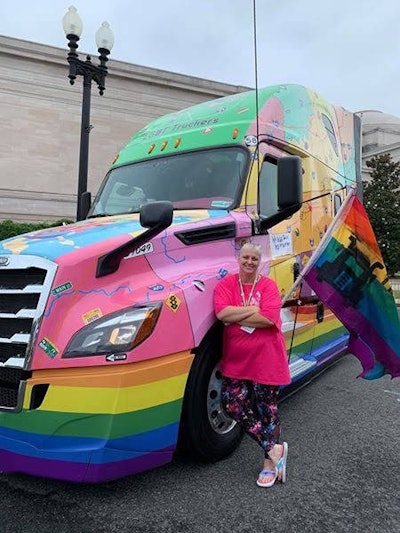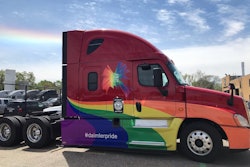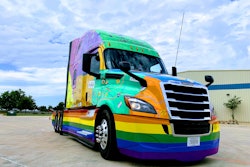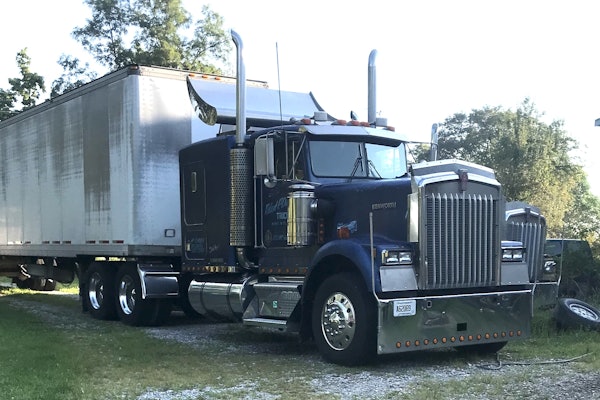
Previously in this series: Industry attitudes about LGBTQ truckers evolving for the better
Employee complaints over sexual harassment or discrimination rarely result in findings for the complainant, says attorney Paul Taylor, who specializes in trucking law. The burden of proof rests on the employee, and it’s difficult to have sufficient evidence to make a clear case against an employer.
Some cases involving female drivers being harassed by male trainers or drivers have made it to court, sometimes with drivers winning. But when it comes to driver complaints involving discrimination over sexual orientation or other LGBTQ issues, there appears to be no public record of legal action being taken.
Taylor says workplace complaints initially must go through the U.S. Equal Employment Opportunity Commission. Then a lawsuit can follow, even if EEOC rules on behalf of the employer, which it usually does. “EEOC rules in favor of employees about 3% of the time,” Taylor says.
All complaints to EEOC are confidential. The agency will not even confirm the existence of any particular complaints, says spokesperson James Ryan.
“Only when and if we file suit – usually a last resort after other outcomes are attempted – are we allowed to furnish any information,” Ryan writes. Such lawsuits usually result in a press release. No EEOC press releases have concerned a lawsuit concerning an LGBTQ truck driver, he says.

The agency’s aggregate workplace numbers of “LGBT-Based Sex Discrimination Charges” show a steady yearly increase, even though reasonable cause is not found in most. In the first full year of records, fiscal year 2014, there were 1,100 complaints and $2.2 million in benefits awarded. By FY 2018, that had grown to 1,811 complaints and $6.1 million in benefits.
Taylor says a big factor in the legal handling of sexual identity complaints will be how the U.S. Supreme Court rules on a pending case, R.G. & G.R. Harris Funeral Homes v. EEOC, likely in June 2020. The case involves a transgender woman who was fired from her funeral home job in Michigan because of her gender identity.
The court’s decision will determine whether Title VII of the Civil Rights Act of 1964 – which prohibits discrimination based on sex, religion and race – “protects people based on sexual orientation or sexual identity,” Taylor says.
“This is a hot issue,” he says. That’s partly because of a split in federal circuit court rulings on the subject, as well as what appears to be a fairly even split among the high court’s justices.
If the Supreme Court doesn’t rule that Title VII protects individuals in sexual orientation cases, it could mean that a new law is needed to spell out that protection. “Either way, these are still going to be difficult cases to prove, absent smoking guns,” he says.











